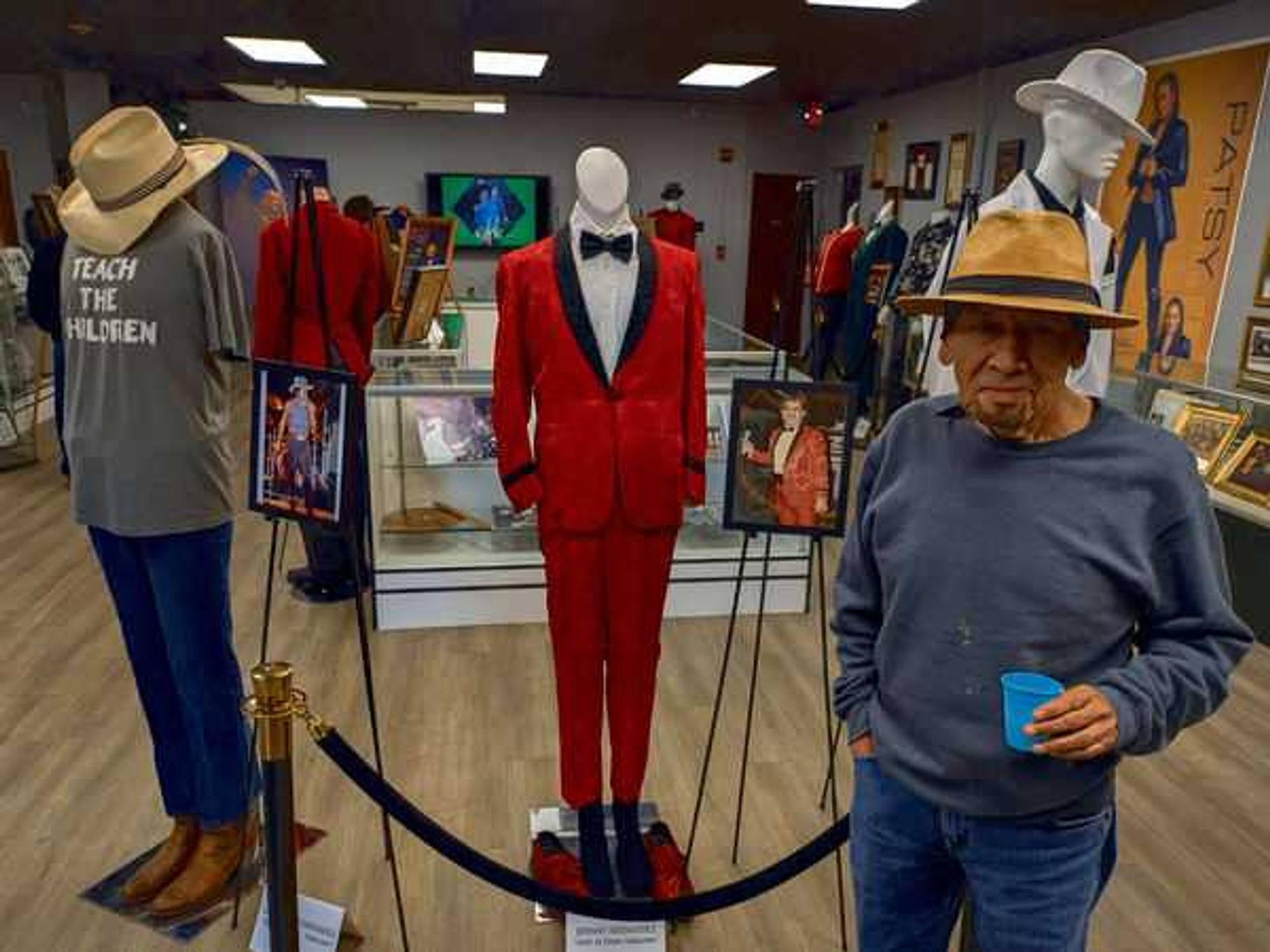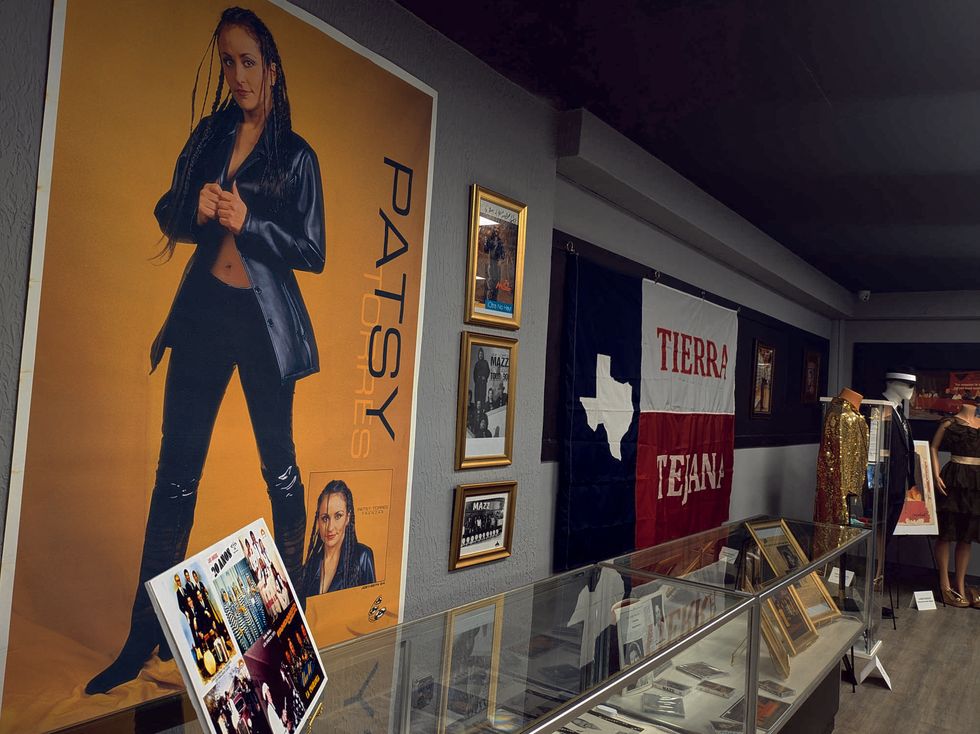One Million Barrels
Oil spill resurfacing concerns nothing but hot air? Isaac resurrects Deepwaterworry, but no mess yet
As Hurricane Isaac stirred up memories of Katrina's devastation while ultimately sidestepping New Orleans, Louisiana officials are voicing concerns about the after-effects of another recent Gulf Coast disaster . . . BP's Deepwater Horizon spill.
With wind speeds clocking in between 20 and 80 miles an hours, experts from the state's Coastal Protection and Restoration Authority (CPRA) are not ruling out the possibility that oil from the 2010 spill will be churned up from the Gulf floor.
In a recent statement, the organization warned residents — particularly children, pregnant women and those with compromised immune systems — to avoid touching oil or tar balls that may wash ashore.
"This is another disaster on top of the hurricane that we're going to have to deal with. The frustrating thing is that this could all have been entirely prevented."
Louisiana authorities tell the Huffington Post that roughly a million barrels of Deepwater crude remains in the Gulf of Mexico, more oil than was reported during the 1989 Exxon Valdez spill. Oil-laden debris from Hurricane Isaac could mean higher disposal costs.
"This is another disaster on top of the hurricane that we're going to have to deal with," CPRA chairman Garret Graves said. "The frustrating thing is that this could all have been entirely prevented. . .
"We've known all this time that oil is there, but BP has not been proactive in trying to remove it."
Houston-based BP spokesman Ray Melick, meanwhile, predicts the hurricane will not pull the oil up to the surface and onto the shore.
“We’ve gone through some hurricane seasons and that included a couple of tropical storms and the impact was minimal,” he told Bloomberg News on Tuesday. So far, Melick is right. There have yet to be any reports of oil surfacing. Of course, many people are currently sheltering in place, making a spotting less likely.
“If a response is needed, we have the people and the equipment to do that," Melick said. "We’ve always responded as appropriate and will continue to do so.”

 The newly opened Totally Tejano Hall of Fame and Museum includes a growing collection of memorabilia. Photo by Edmond Ortiz
The newly opened Totally Tejano Hall of Fame and Museum includes a growing collection of memorabilia. Photo by Edmond Ortiz